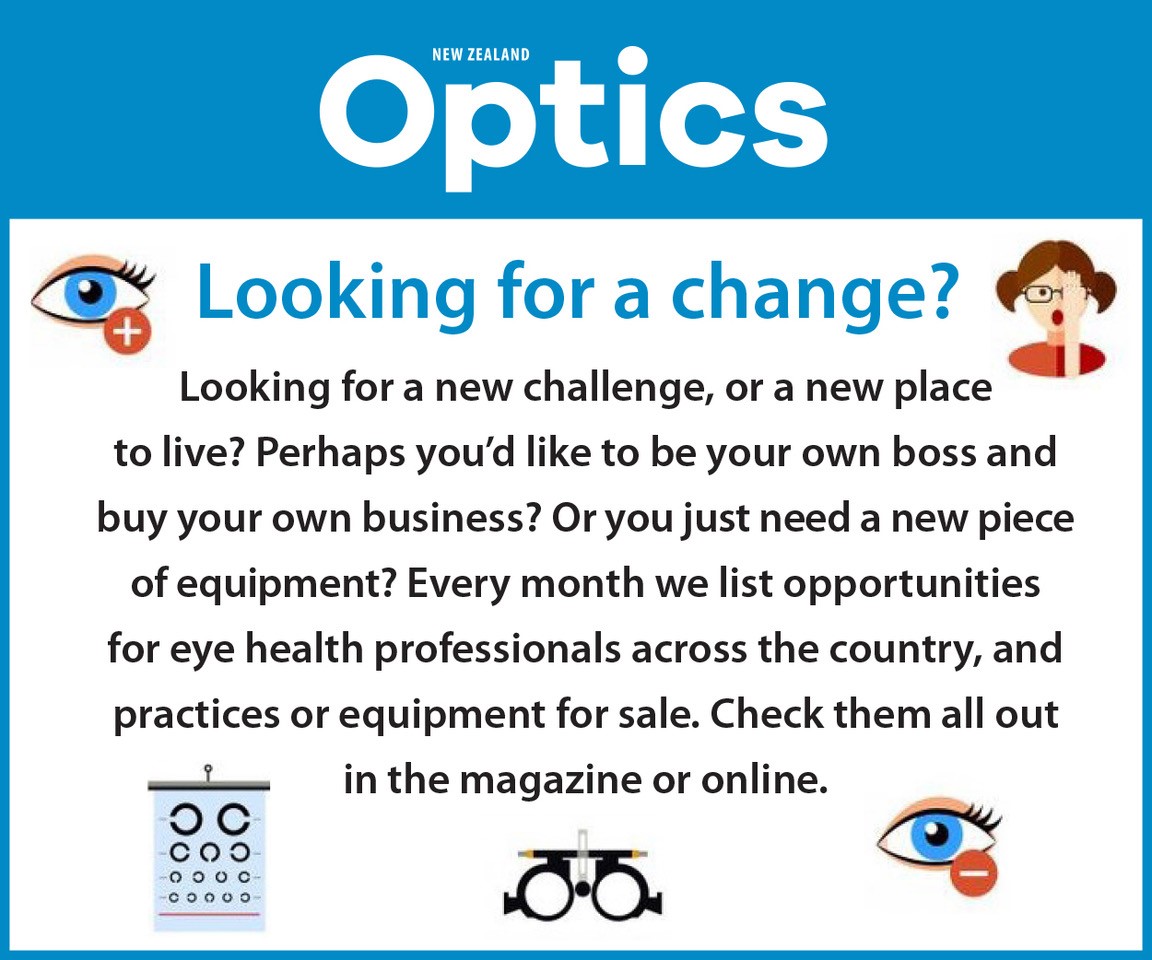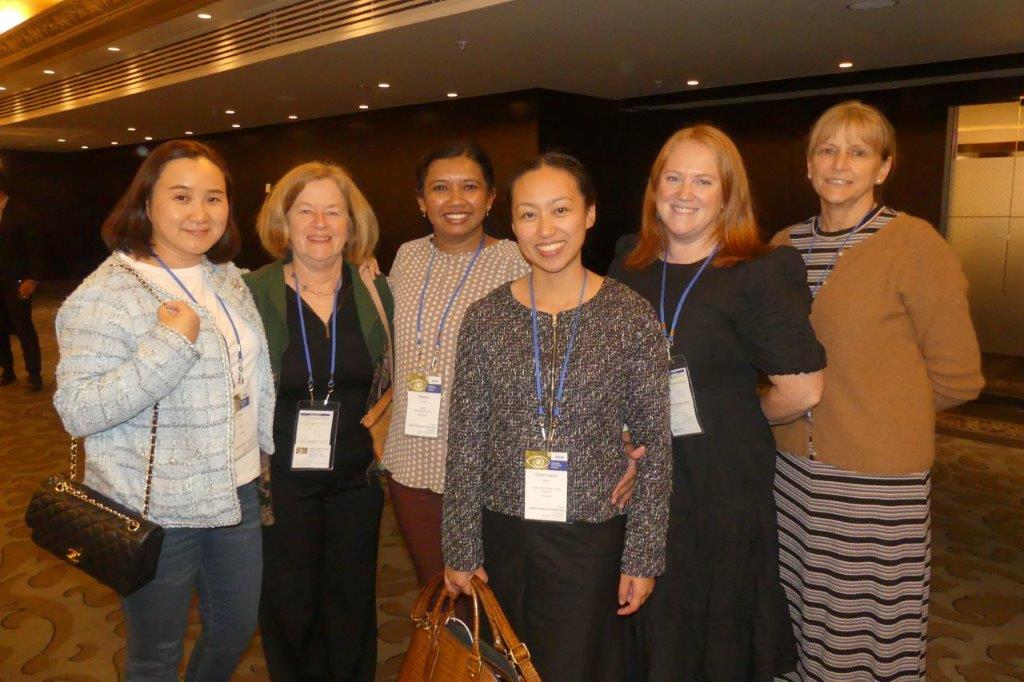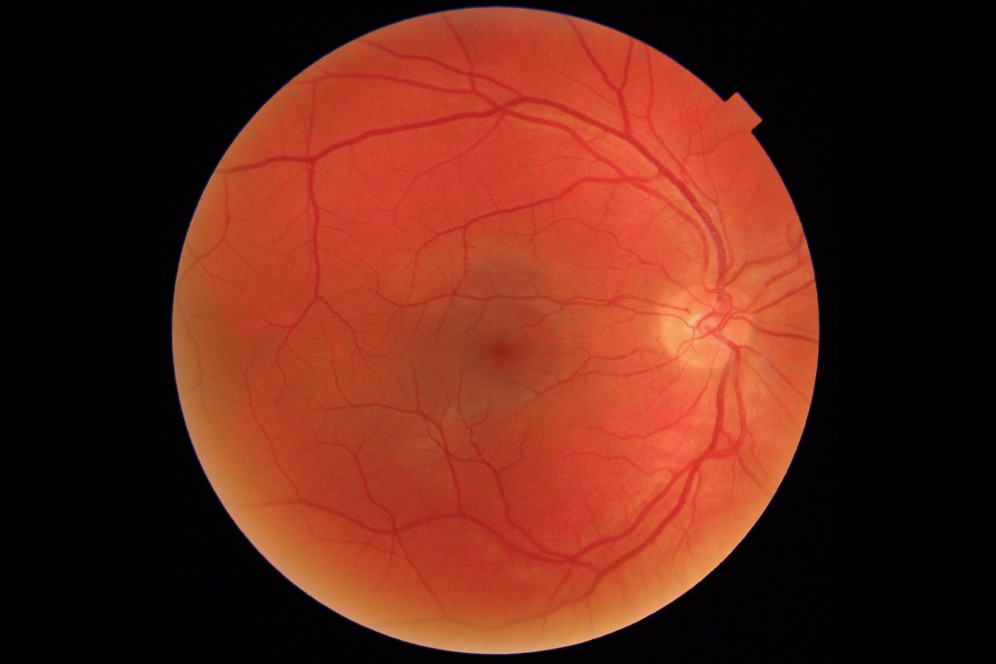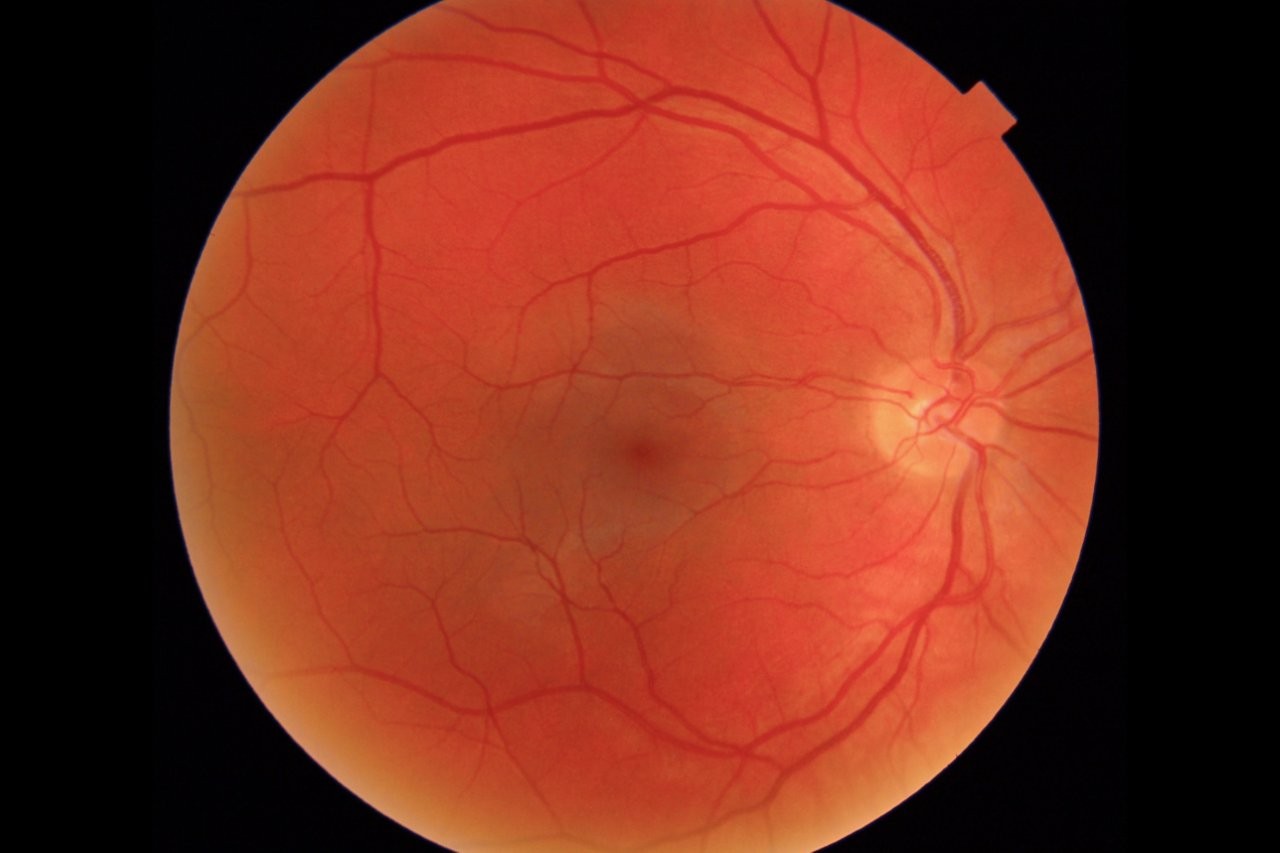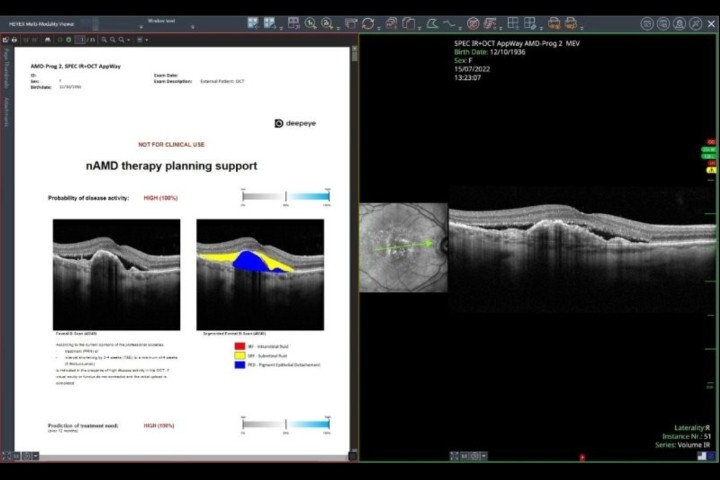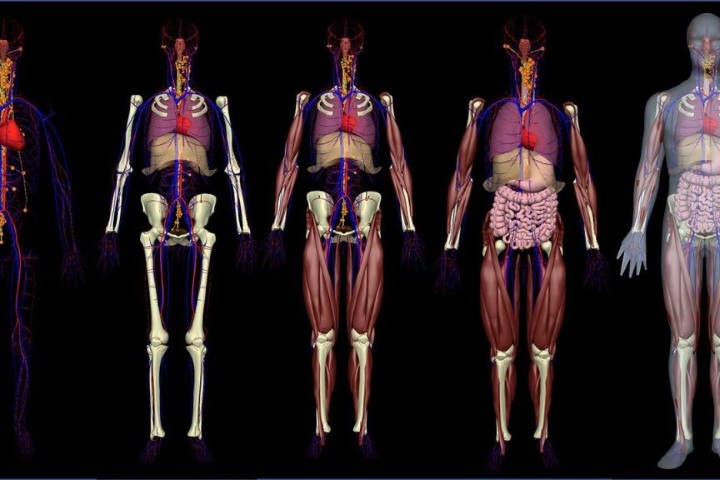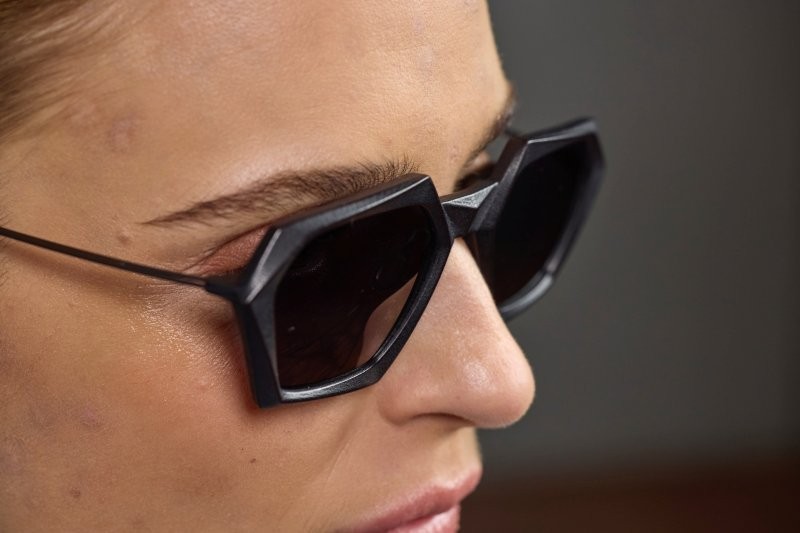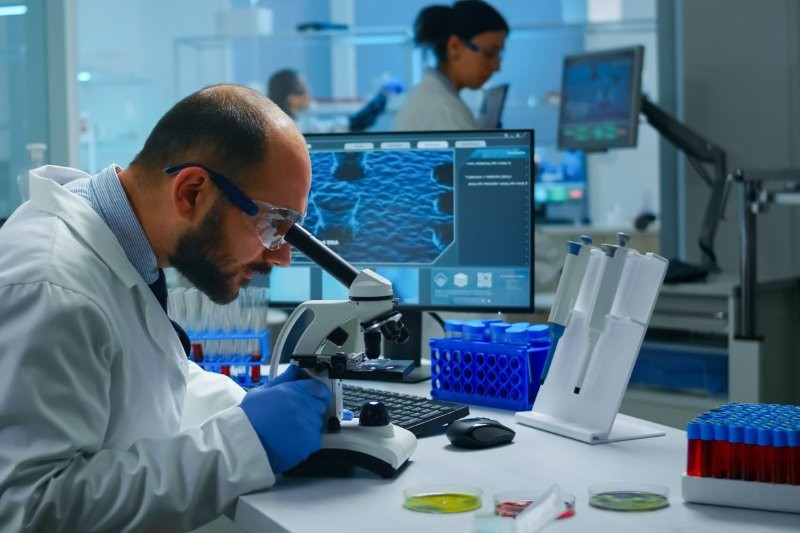RANZCO NZ 2024: Old challenges, new thinking
This year’s RANZCO NZ Branch Annual Scientific Meeting took place in the beautiful Cordis Hotel in Auckland, drawing a record-breaking number of delegates. Presenting on the theme ‘Challenges, controversy and change’ were a range of speakers from New Zealand, Australia, the Pacific Islands and even the US.
Keynote speaker, Los Angeles-based ophthalmologist Professor Uday Devgan, kicked things off in the main scientific meeting with his presentation on the use of AI alongside surgeon-dependent data to propel lens calculations in cataract surgery, from about 80% accuracy today to a staggering 95%, to significantly reduce disappointment risk and refractive surprise. Technology is advancing to the point where robots will be able to perform 30 phaco surgeries in a standard morning session, compared with an average of eight performed by humans, he said. This came as no surprise to many but it generated much discussion about a patient-centric approach and the beauty of human touch.
Continuing this future-thinking theme, fellow keynote, Associate Professor Simon Skalicky discussed glaucoma and its predicted global impact on 120 million people by 2040. He shared his thoughts and ideas about at-home monitoring, allowing patients more self-control of their condition, and regular visual fields testing using an online service, eyeonic.com, which he developed. Eyeonic’s accuracy has been favourably compared to clinic attendance in 15 studies. It can be reviewed virtually and helps alleviate pressure on the health system and assists in long-term glaucoma management, he said.
Guest motivational speaker Carl van Roon, a world-renowned martial artist, talked about the challenges we all face in life and the impact for healthcare professionals’ decisions for their patients and what happens when things don’t go as we expect. The gains in any area are about long-term consistency, he said.
Avoiding burnout

Sue Raynel, Kathryn Millichamp, Liz Okely and Dr Sarah Welch
Invited speaker Liz Okely, a nurse management consultant in the ophthalmology department of Alice Springs Hospital, gave two beautiful talks about burnout reduction and wellbeing. She shared US data showing 43.2% of surveyed healthcare workers acknowledged weekly symptoms of burnout. Emotional exhaustion around decisions and outcomes and an ever-growing waitlist of patients in all settings resulted in agreement from many that this is a challenge and requires change.
Okely shared websites and apps that help with managing burnout. These included meditative practices and having a safe space to talk with other healthcare colleagues who can relate to how we feel about our experiences, especially in a post-Covid world. Alongside this was the clear take-home message that to provide safe, effective and consistent patient-centred care we need to acknowledge that care begins with ourselves.
Okely and Sally Caldwell, who has established several nurse-led clinics in the Wairarapa, shared their experiences of rural nursing in Australia and New Zealand. Each said they faced the challenge of low staff numbers, while acknowledging that high proportions of the population live rurally, including many who identify as Māori or Aboriginal. Auckland-based junior crosslinking fellow Dr Micah Rapata also touched on this in his presentation about Māori health, stressing that engagement can present its own challenges in Indigenous populations for many reasons, including a lack of equitable access.
After opening with a wonderful team waiata tautoko, Gabrielle Husband discussed her role as one of just 10 Kaiārahi Nāhi clinical nurse specialists in Te Toka Tumai. Within a kaupapa Māori service, she focuses on enhancing outcomes and system change throughout the planned care pathways and works closely with other services to address disparities and barriers faced by Māori whānau, including in ophthalmology.
From the Solomon islands, RN Kelvin Jack talked about how the lack of funding, space and appropriate personnel pose an ongoing and very real threat to the provision of ophthalmic services in a needful space. RN Teuota Angirerei then shared her experiences in her home of Kiribati, where there are just 21 health centres across 81 villages. This has led to the deployment of a mobile clinic stationed in different places on different weeks to reduce the cost of travel as a barrier to care. Again, low personnel numbers present a large risk to the population as few cataract surgeries can be undertaken.
Dr Misra’s mystery

Drs Peter Haden, Jie Zhang and Stuti Misra
Putting ‘the change’ into ‘Challenges, controversy and change’, Associate Professor Stuti Misra presented on how the menopause affects eye health. A mystery to many, this discussion highlighted how treatment choices for menopause should not be solely limited to the management of hot flushes and memory lapses.
Dr Justin Mora, chair of the RANZCO Māori and Pasifika Eye Health Committee, and Dr Sarah Welch spoke separately on international and national frameworks to address eye health and equitable access. Dr Mora discussed Te Kitenga Vision 2030, highlighting RANZCO’s work on addressing these issues while being visible on an international stage.


Drs Mark Donaldson and Justin Mora with Moira McInerney (centre) and (right) Joy Pasco, Sarah Pasquali, Tina Bray and Penny Wood
Health literacy was a recurring theme among this year’s speakers, with University of Auckland teaching fellow Louise Carrucan-Wood presenting her PhD study on how it applies to Aotearoa’s nursing workforce. There was acknowledgement across the board that this is needed, but was affected by staff engagement, burnout and the recognition that health literacy is a developed skill. The ways we support our patients also vary depending on our length of service and our own interactions within the healthcare setting.
A panel discussion, led by nurse practitioners Fiona Suter and David Garland and colleagues, discussed intravitreal injections and common practice, and focused on many of the issues that concern us the most. This included the great 2024 debate following the sudden issues accessing iodine: the pros and cons of chlorhexidine vs povidone. Prescription talk was an ongoing theme, as was the need for standardised practice across regions and nationally – both hot topics with no answers in sight.

Jackie Steel, Rhonda McGrath, Jill Gimblett, Sara Penny, Roshini Patel, Derrell Meyer, Chantal
Hahneck and Juliet Aurigue
Overall, everyone’s take-home message had the same theme: our challenges, while not new, include improving health literacy, providing good care with well-informed patients with equitable access and continuing to work collaboratively on solutions. Van Roon summed it up perfectly: “(It’s about) long-term consistency, not short-term intensity, where we value ourselves on the quality of choices we make.”
Claire McPhail is a charge nurse at Greenlane Clinical Centre eye clinic in Auckland.








